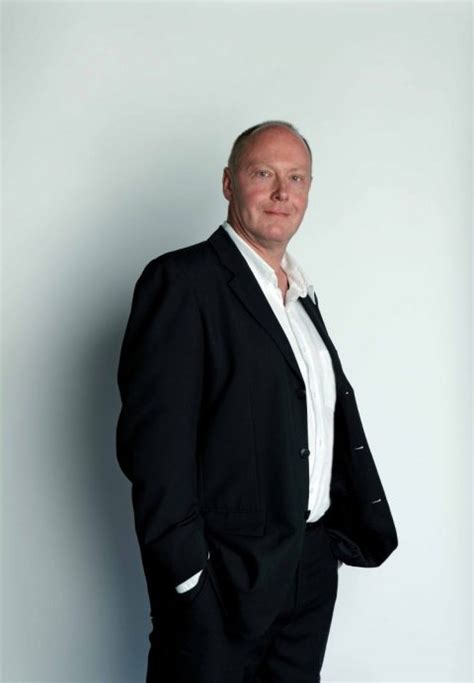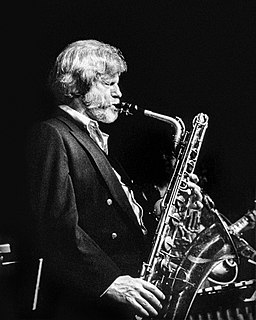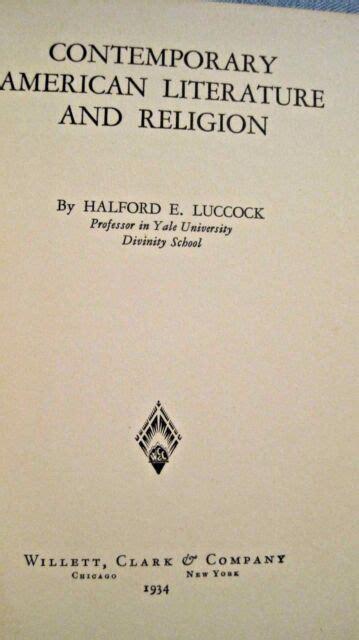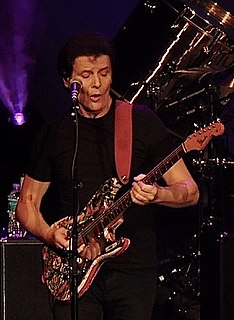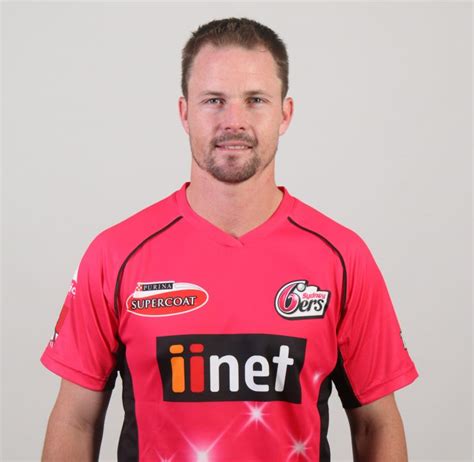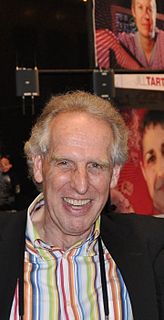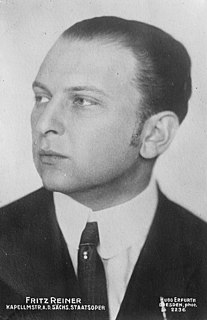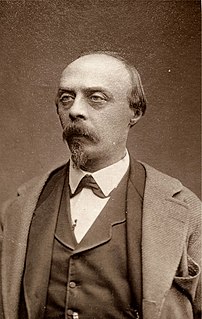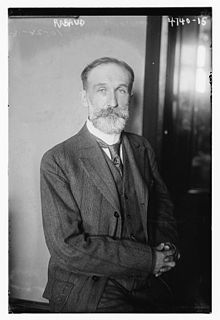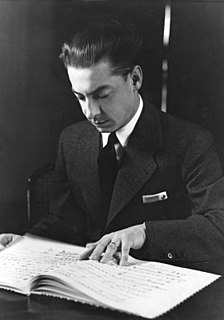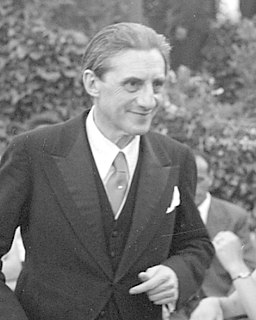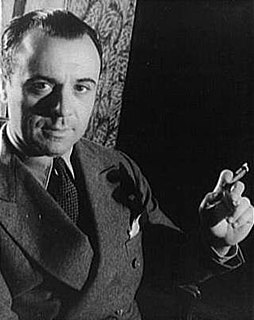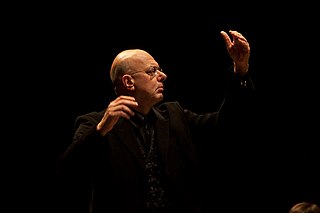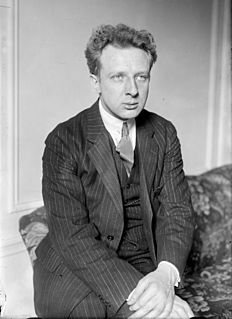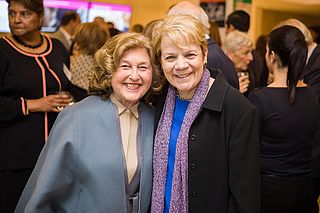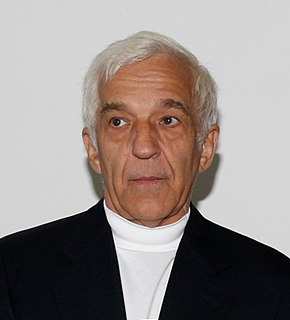A Quote by Paul McCreesh
You can play Bach on the piano, a symphony orchestra or a quartet of saxophones, but let's stop this silly, childish business of knit your own musicology
Related Quotes
What I really enjoy is not you; it's something that's greater than both you and me. It is something that I discovered, a kind of symphony, a kind of orchestra that plays one melody in your presence, but when you depart, the orchestra doesn't stop. When I meet someone else, it plays another melody, which is also very delightful. And when I'm alone, it continues to play.
I sometimes like to think of God as a great symphony and the various spiritual paths as instruments in an orchestra. The gift that you have is like music waiting to be played. You need only to find the instrument that will best bring it out. You alone can never play all the instruments, and your music might not find voice in all the instruments. All you can do is find the instrument that suits you best, play it as well as you can, and add your music to the great symphony of divine creation.
A man of intellect is like an artist who gives a concert without any help from anyone else, playing on a single instrument--a piano, say, which is a little orchestra in itself. Such a man is a little world in himself; and the effect produced by various instruments together, he produces single-handed, in the unity of his own consciousness. Like the piano, he has no place in a symphony; he is a soloist and performs by himself--in soli tude, it may be; or if in the company with other instruments, only as principal; or for setting the tone, as in singing.
We are all musicians in a great human orchestra, and it is now time to play the Save the World Symphony. You are not required to play a solo, but you are required to know what instrument you hold and play it as well as you can. You are required to find your place in the score. What we love we must protect. That’s what love means. From the right to know and the duty to inquire flows the obligation to act.
